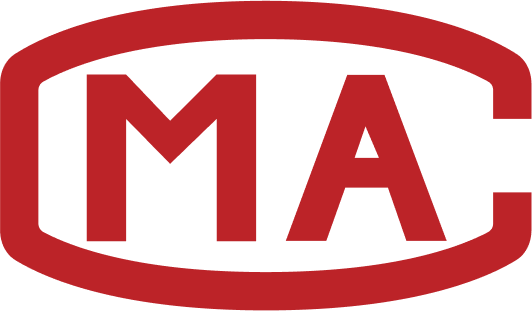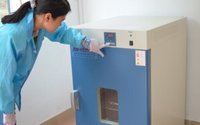Common Failure Modes and Causes of Mechanical Components
Date:2024-08-09 15:00:00 Views:156
Mechanical partsThere are various forms of failure, which can usually be classified into the following common types and their causes:

1. fatigue failure
· describeDue to repeated loading, microcracks are generated inside the material, ultimately leading to fracture.
· reason:
o Excessive cyclic load.
o Material defects (such as inclusions, pores, etc.).
o Excessive surface roughness or improper treatment.
2. abrasion
· describeDue to friction, the surface material of the parts gradually wears down, resulting in changes in size and shape.
· reason:
o Improper lubrication.
o The material hardness does not match.
o The load is too large or the movement speed is too fast.
3. corrosion
· describeChemical or electrochemical reactions occur on the surface of materials, resulting in material loss.
· reason:
o High environmental humidity or presence of corrosive media.
o Improper material selection (such as stainless steel still corroding in certain environments).
o Lack of protective measures (such as coatings, plating).
4. Overload failure
· describeDue to the applied load exceeding the material's load-bearing capacity, instantaneous or progressive failure occurs.
· reason:
o The design is unreasonable and the safety factor has not been considered.
o Operational errors or accidental overloading.
5. Thermal failure
· describeDue to excessively high or low temperatures, material properties may decrease or deform.
· reason:
o Overheating causes the material to soften or melt.
o Rapid temperature changes lead to thermal stress concentration.
6. fatigue crack
· describeUnder repeated stress, cracks occur inside the material, ultimately leading to fracture.
· reason:
o Stress concentration (such as notches, holes).
o The fatigue strength of the material is insufficient.
7. Brittle fracture
· describeThe material undergoes sudden fracture under low temperature or high stress conditions, and the fracture surface is usually smooth.
· reason:
o The material lacks toughness.
o There are defects or unevenness present.
8. Deformation failure
· describeUnder long-term load or high temperature conditions, the material undergoes permanent deformation.
· reason:
o The yield strength of the material is insufficient.
o Unreasonable design, without considering the plastic deformation of materials.
9. Connection failure
· describeFailure of connecting components (such as welding, threaded connections, etc.) resulting in separation of parts.
· reason:
o Insufficient connection strength.
o The connection method is not suitable or the process is improper.
By understanding these common failure modes and their causes, preventive measures can be taken in design, material selection, and processing technology to improve the reliability and service life of mechanical parts.




 Weixin Service
Weixin Service

 DouYin
DouYin
 KuaiShou
KuaiShou




















